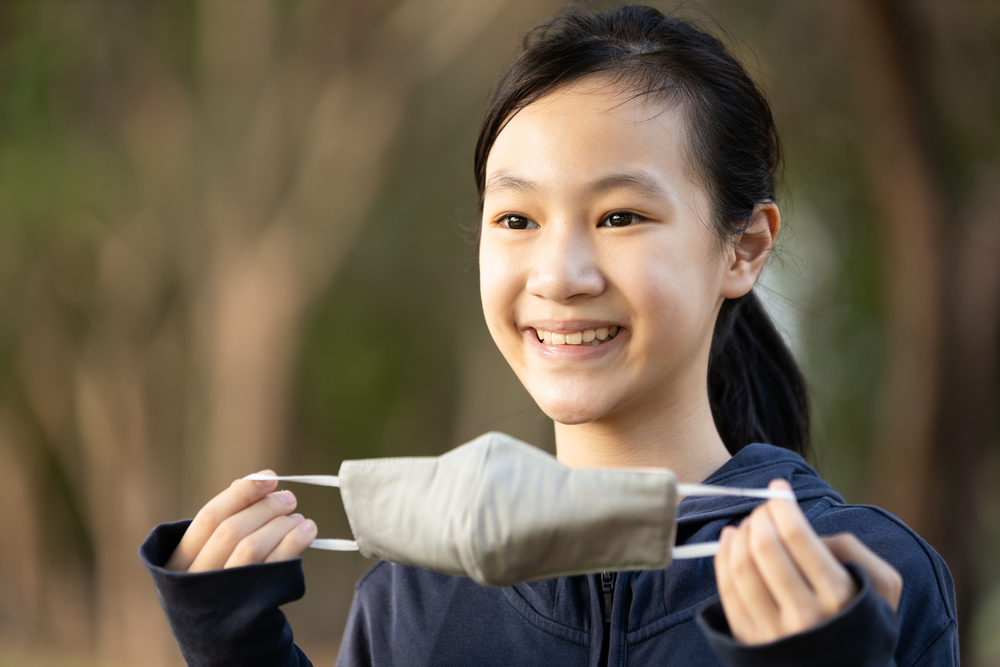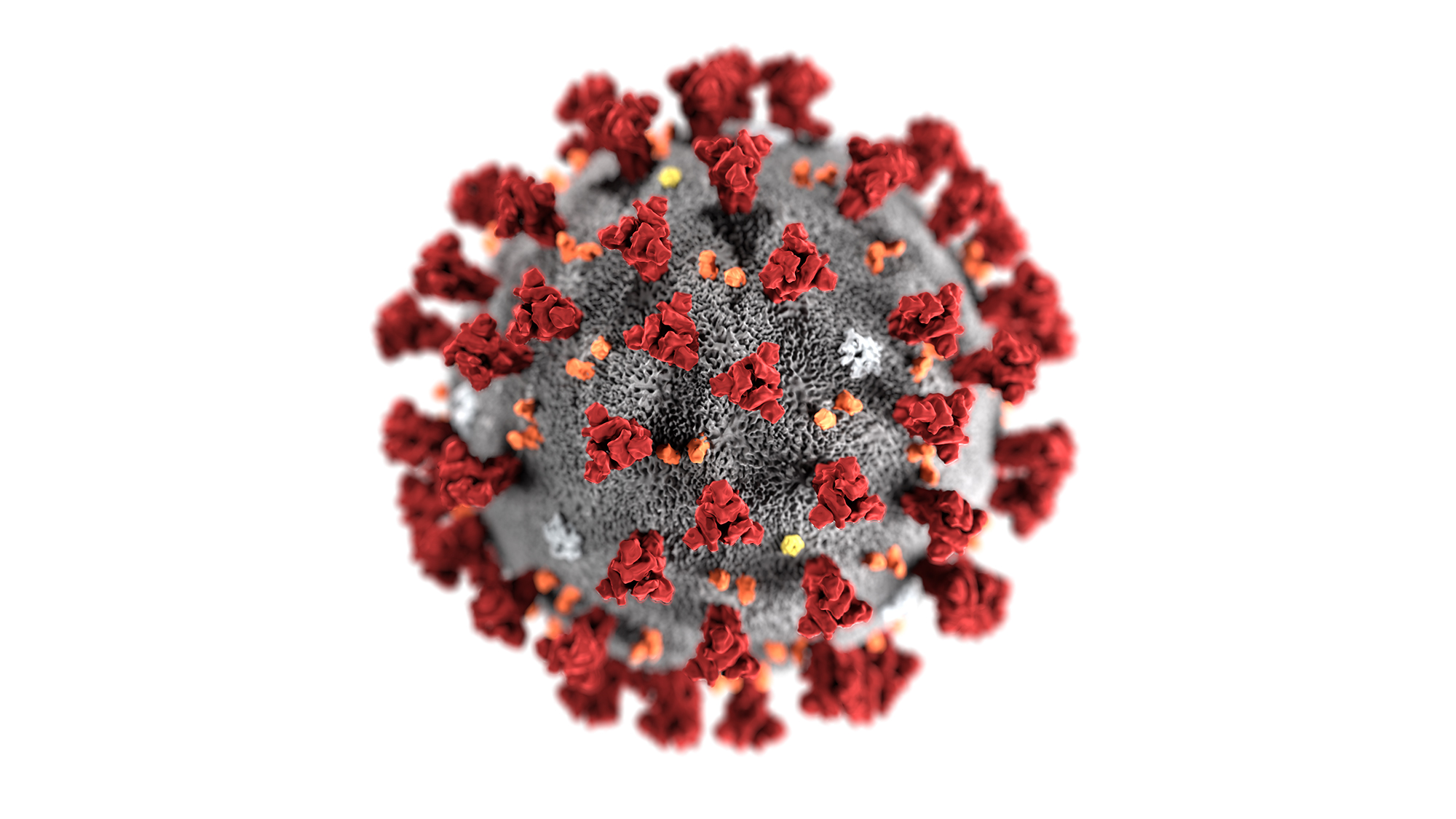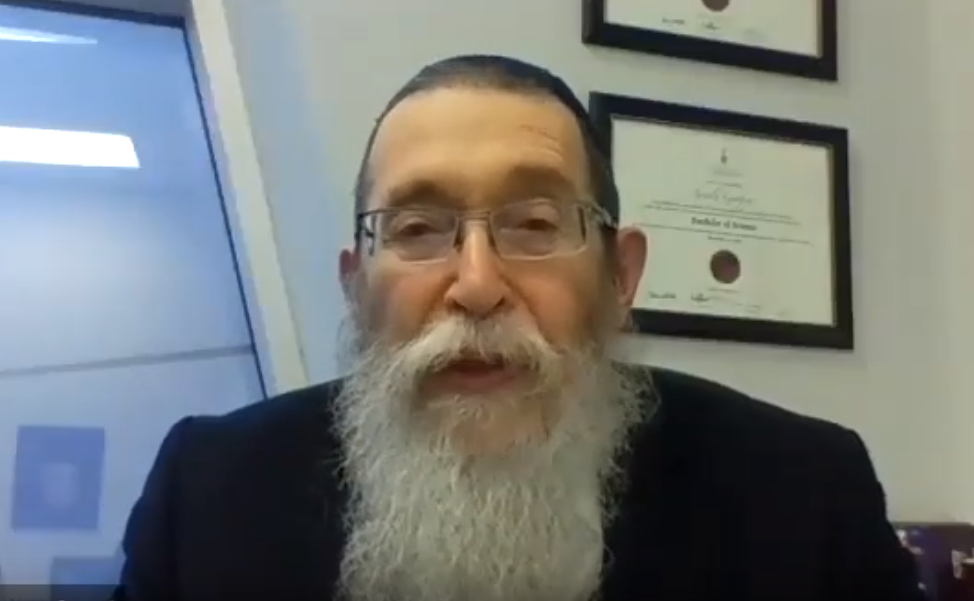How the Need to Help My Son Led to the Founding of Maxi Mind
By Dr. Arnie Gotfryd, PhD
Educational Director & CEO

I used to think opposites came in twos. Then I had kids. We’ve actually got quite a few of them and they are all opposites of one another. Among their differences are differences in how they learn. We’ve got bookworms and book allergies. Visual vs. auditory. Thinkers and doers. And then there was Adam.*
As Adam Grew So Did the Issue
Adam seemed like a pretty regular kid to us, but once he got into Grade 1, we noticed differences. He had trouble reading and writing; he was constantly tuned out in class; and he wasn’t making friends. At home, things weren’t much better. He was exceptionally bright but didn’t take much interest in things (except computer games of course!). Daily routines became a major challenge and everyone at home was stressed. Worst of all, he was unhappy nearly all the time.
Our Attempt to Use Medicine to Solve Our Problems
Eventually, the school said we better get Adam tested and we did. He was diagnosed with ADHD and prescribed a stimulant. Not only didn’t that help, the side effects were awful – it wrecked his mood at the end of the day. So they added an anti-depressant. That had even worse side effects plus it prevented him from sleeping. So then they added a sleeping pill.
We went from doctor to doctor and nothing seemed to help. Eventually Adam outsmarted us all – he waited till he was away for the summer at camp and he tossed out all his meds. The truth is he was none the worse because of it and at least the side effects went away. But academically, he still was not cutting it. He bounced around from school to school basically spinning his wheels.
With medicine having failed us and tutoring not filling the gap, I knew I had to turn elsewhere.
The Use of Computerized Biofeedback
I recalled how back in the ’70’s, I watched a fellow graduate student use computerized biofeedback to control her migraines. She had learned how to exert mental control over her headaches by “willing” changes in computer displays of her heart rate and blood pressure. She said it worked wonders. At the time I just thought it was odd, but now I was thinking, “Hey, maybe by now someone has figured out how to control ADHD or LD symptoms with biofeedback!”
And sure enough, someone did. Some online research quickly generated a link to the “Play Attention” website, at that time a fairly new technology. Educator Peter Freer had adapted a NASA patented brainwave optimization technology for children, developed some learning skill games to go with it and now was claiming he could reduce or eliminate the symptoms of ADHD! After exploring their claims and vetting their testimonials, I bit the bullet and coughed up close to $2,000 in the hopes of addressing Adam’s focusing issues using these new, natural, and non-invasive means.
Adding Sensory Integration to the Mix
And low and behold – it worked! We started seeing changes. But soon Adam had had enough and I couldn’t get a sufficient number of sessions into him to make the changes stick.
I didn’t give up. Along the way I discovered that sensory integration exercises are a legitimate evidence-based intervention for reading and focusing problems and I picked up the Learning Breakthrough Program, which seemed to be the leading provider of exercise protocols for boosting focusing and academic skills.
Here was another genius, physiologist cum special ed teacher, Frank Belgau, who spent decades dreaming up exercises to help learning-challenged kids by day at his Visual Motor Lab at the University of Texas at Houston and then in the afternoons testing them on his “dummy” classes, the kids that the principal said “could not learn.”
But learn they did, and mine did too. Once I got my son on the balance board, his learning improved too. But not for long because pretty soon we were hearing “I’ve had enough, dad” and that was it.
Helping Other Children
By this time, I was getting hooked on acquiring and mastering scientifically developed, evidence-based, and medically endorsed technologies to accelerate learning. And there were a lot of them.
After a while, a local school principal called me to ask if I could bring some neuroeducational tools into the school to help one of the kids. Pretty soon his chronic mental lethargy lifted and voila! He started doing Math and English exercises willingly and successfully for the first time in his life.
That led to more referrals for help and that continued for a few years, helping a kid here and a kid there, gradually collecting coachable technologies through which a child could play his way to cognitive and academic success without so much as lifting a pencil or turning a page! It was truly an eye-opener and endlessly gratifying watching these kids improve.
After about five years of constant development, I suddenly realized I was “batting 1000″ on achieving cognitive improvements and I was faced with a decision. Am I going to keep this miracle to myself or am I going to share it?
The Start of Maxi Mind
With blessings from my wife and my spiritual mentor, the Lubavitcher Rebbe, I opened a company, Maxi Mind Learning Centres, Inc., and set out with a business plan and cash flow projections. All I needed was investment and soon I’d have a big centre with lots of technology and helpers. I got introduced to a wealthy businessman who actually knew quite a bit about brain training and he gave me three words of advice about my business plan: “Tear it up.”
Hearing that, I was actually more inclined to tear him up but I figured I’d better hear him out. After explaining the risks and difficulties he proposed another way: “Give it away in schools!” And that’s just what I did.
The In-School Test
Maxi Mind teamed up with a children’s charity, found some donors, and lined up parents of 40 Grade 1 to Grade 8 children with varied focusing and learning problems at three private school in Toronto and Thornhill, Ontario. The schools welcomed us in, so I hired and trained a team of therapists, bought a boatload of technology, and set to work.
Each child got an hour of Maxi Mind Brain Training, four days a week for ten weeks. You would think that pulling a kid out of class 40 times over three months would set him back academically, right? … Wrong!
In one of the schools we had 20 kids and a team member with a degree in Psychology. We used standard psychoeducational testing methods to compare how the kids performed before and after Maxi Mind training. The entire group improved as a whole and, individually, nineteen of the twenty kids made significant gains in focusing and academic skills… And had fun getting there!
Usually, if a kid is pulled from class for say, Occupational or Speech Therapy, tutoring or some other Special Ed program, the other kids look at him like oh, poor guy, or worse … he’s a loser. Here, it was the opposite – “Hey, why can’t I have Maxi Mind!” and kids would be literally lining up at the door to see what’s going on.
The reason is that it just does not in any way look like therapy. Picture a child standing on an adjustable balance board, hitting a pendulum ball with a colourful motor control stick over wooden targets while listening to engineered classical music through bone conduction headphones.
Then to top it all off, they play computer games developed by NASA without a keyboard, mouse, or touch screen. His mind is the joystick as he wins his games by exercising mental focus. How cool is that!
Taking Maxi Mind to the Next Level
By the time the trial was over, business was booming and I was soon hiring and training new coaches to handle the load. Maxi Mind Learning Centres had launched with a core of believers and plenty referral business.
Now, a few years down the road, hundreds of children and adults have benefited from Maxi Mind’s courses, and referrals are coming from doctors, psychologists, and educators as well as from parents themselves.
Epilogue
Today, with G-d’s help, Adam is an independent, capable, good-hearted and articulate young man who works and supports himself, studies in his spare time, sets meaningful goals and achieves them.
One of his brothers, formerly diagnosed with ADHD kid and formerly on stimulants, has also taken Maxi Mind training and the results have been excellent. Current psychoeducational testing now finds him solidly in the normal range in all attention and executive functioning areas even without medication – in other words, he is no longer diagnosable as ADHD! And now that he’s taking driving lessons, that’s a big relief for us!
Other siblings, tried Maxi Mind just because they felt like it and experienced benefits ranging from mood lifts to success with dieting.
But the biggest joy I have from the whole odyssey is that what took me nearly a decade to research and develop, I can now deliver in a fun-to-do three-month course that a child can take after school. And sharing that joy with other families is what makes my struggle feel worthwhile.
– – – – –
* (name changed)








